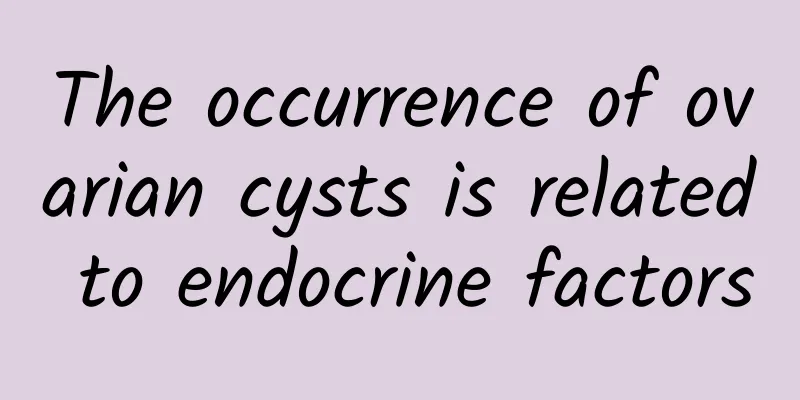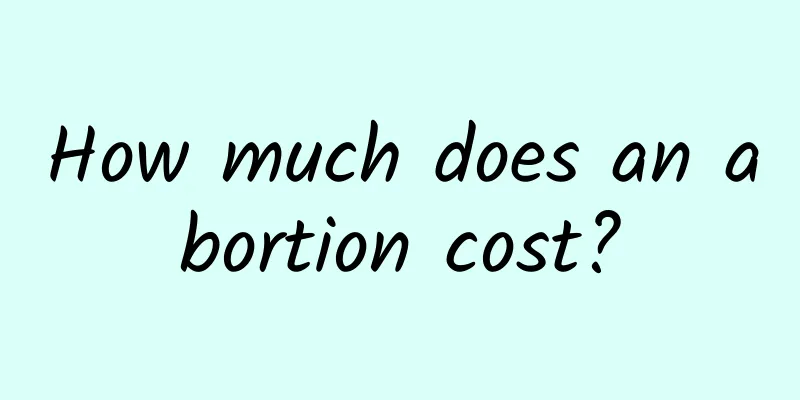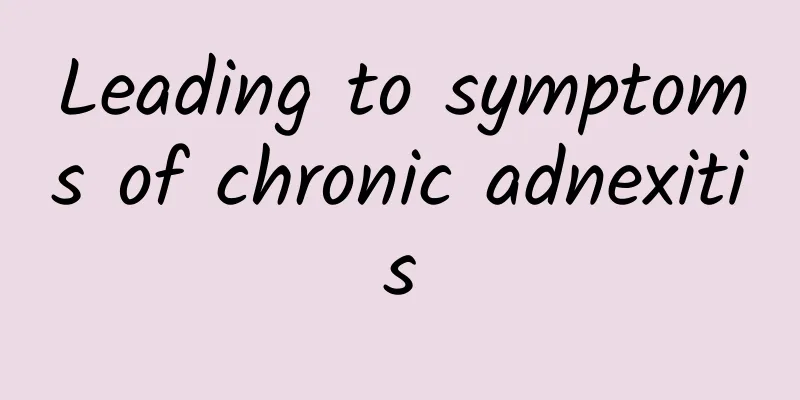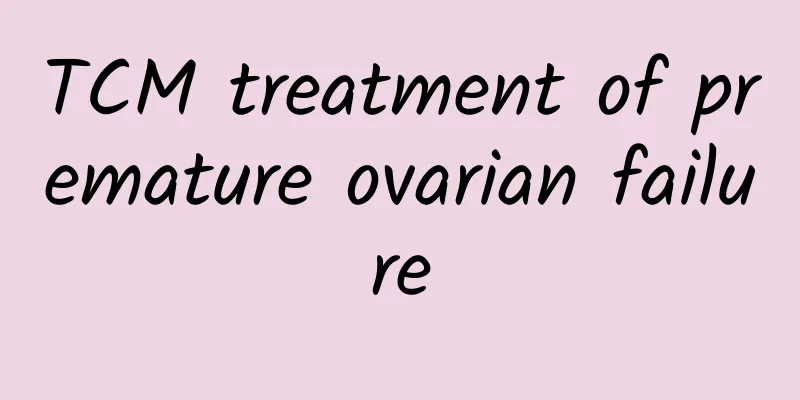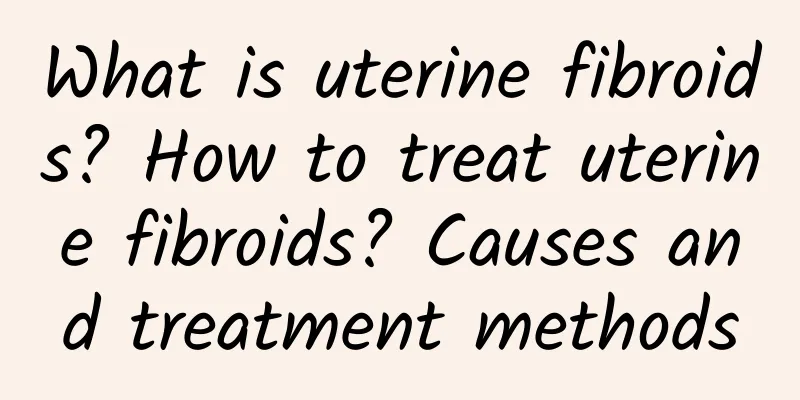What medicine is used to treat adenomyosis?

|
What medicine is used to treat adenomyosis? Many people want to know how to treat adenomyosis. Because adenomyosis is a widespread disease, it brings great suffering to everyone and endangers everyone's health. In order to avoid the occurrence of disease hazards, we need to correctly understand the disease and help everyone find targeted treatment plans. Reports on the use of drugs for patients diagnosed with adenomyosis abroad are basically case reports. Most of the reports on drug treatment in China are based on clinical and ultrasound diagnosis or postoperative review and summary. The drugs include danazol, gestrinone or gonadotropin-releasing hormone analogs. The dosage and method are the same as those for the treatment of endometriosis. Danazol or gestrinone are used to treat adenomyosis, mainly to relieve dysmenorrhea symptoms. Gonadotropin-releasing hormone analogs can make patients amenorrhea, disappear dysmenorrhea symptoms, reduce uterine volume, and there are reports of pregnancy and childbirth after stopping the drug. The efficacy of drug treatment for adenomyosis is only temporary. In recent years, there have been reports of other drugs for the treatment of adenomyosis, such as oral administration of mifepristone 10 mg//d on the 13th day of menstruation for a course of 3 months, which can make patients menopausal, disappear dysmenorrhea symptoms, significantly reduce uterine volume, and rarely have side effects. Reports on the use of drugs for patients diagnosed with adenomyosis abroad are basically case reports. Most of the reports on drug treatment in China are based on clinical and ultrasound diagnosis or postoperative review and summary. The drugs include danazol, gestrinone or gonadotropin-releasing hormone analogs. The dosage and method are the same as those for the treatment of endometriosis. Danazol or gestrinone are used to treat adenomyosis, mainly to relieve dysmenorrhea symptoms. Gonadotropin-releasing hormone analogs can make patients amenorrhea, disappear dysmenorrhea symptoms, reduce uterine volume, and there are reports of pregnancy and childbirth after stopping the drug. The efficacy of drug treatment for adenomyosis is only temporary. In recent years, there have been reports of other drugs for the treatment of adenomyosis, such as oral administration of mifepristone 10 mg//d on the 13th day of menstruation for a course of 3 months, which can make patients menopausal, disappear dysmenorrhea symptoms, significantly reduce uterine volume, and rarely have side effects. Anti-invasion, anti-angiogenesis, cytokine regulation, receptor intervention and gene therapy are expected to become new methods for the treatment of endometriosis, and research on adenomyosis has just begun. |
<<: What to do if you have stomach pain during menstruation
>>: How to treat anal itching and vaginitis
Recommend
How much does a leep surgery cost in a hospital? The leep surgery has 6 treatment features
Cervical erosion is a common cervical disease, wh...
Is there a high chance of recurrence due to endometrial thickness?
After some female friends find out that they suff...
Causes of uterine prolapse
The causes of uterine prolapse are generally estr...
Want to eat breakfast like a king? Breakfast may be a hidden obesity mine! 5 good articles to teach you how to eat healthy breakfast
Breakfast is the source of energy to start the da...
Which hospital treats female cervical warts
With the continuous development of society and th...
Introduction to some common symptoms of vaginitis
For today's female compatriots, the symptoms ...
Is spontaneous abortion dangerous?
Spontaneous miscarriage is often a process of sur...
Borax is prohibited in alkaline rice dumplings, and sodium trimetaphosphate can be used to maintain Q degree
The Dragon Boat Festival is approaching, and ever...
What are the drugs for treating Bartholinitis?
Bartholin's glands are a relatively common gy...
Drink this to create a slim waist! Chinese medicine doctor Chen Meifei reveals: 3 teas to lose weight and slim your belly
If you want to have a slim and graceful waist lik...
4 ways to identify genetically modified soybeans and drink high-quality soy milk safely
What kind of soybeans are the tofu, soy milk and ...
What are the consequences of cervical erosion?
What are the common consequences of not treating ...
What causes brown discharge during pregnancy?
Brown discharge during pregnancy may be due to ph...
What are the common manifestations of uterine fibroids?
Most people who suffer from uterine fibroids stil...
What should not be eaten during irregular menstruation
Health care for irregular menstruation, what shou...
